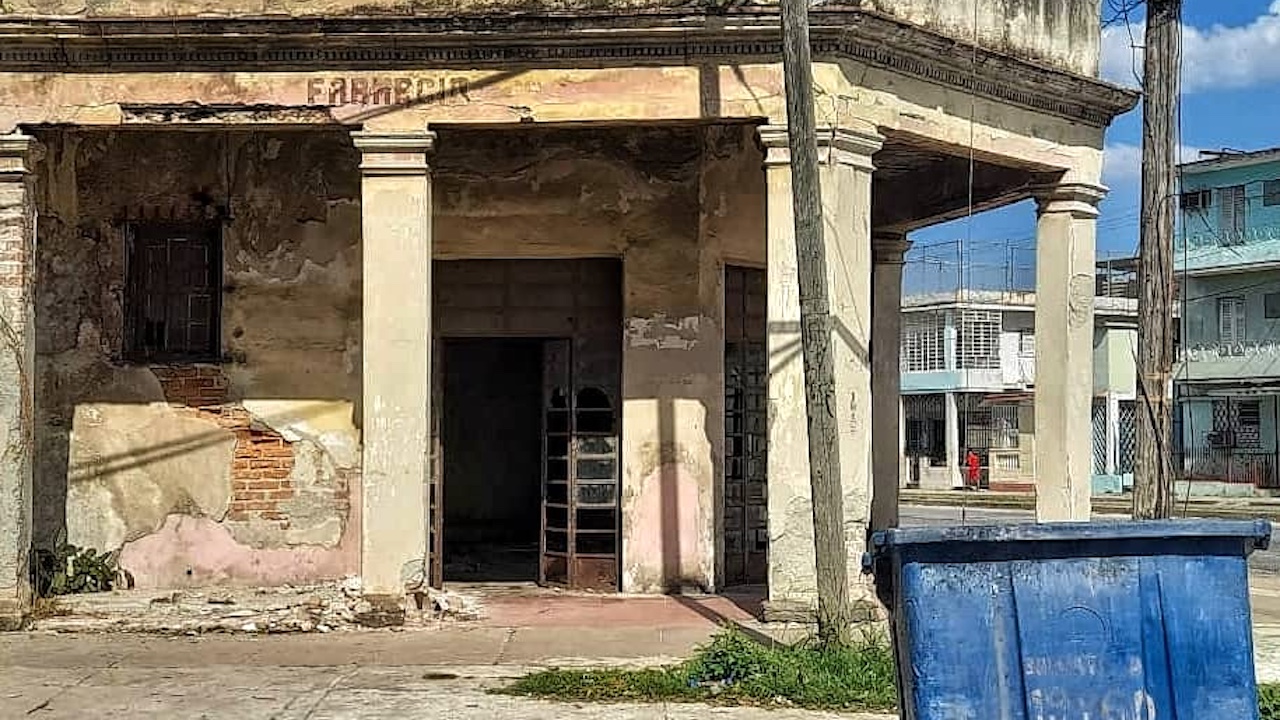The shortage of medicines at Cuban state pharmacies has spurred people to buy medicines of all kinds on platforms, like Revolico, or WhatsApp groups and Telegram, which have become the main options for many, even though through these channels the prices of the drugs are ten-fold.
Lili, a 37-year-old Cuban mother who lives in the Havana municipality of Marianao, says that every time her four-year-old son gets sick she is "forced to turn to Revolico to buy medicines, from those that help lower his fever to the antibiotics needed to treat frequent respiratory problems."
For her son's medications this mother must pay between 600 and 1,500 Cuban pesos for antibiotics. The most worrisome thing for Lili is that she has no other options to obtain these medicines, and she wonders how it is possible that state pharmacies are completely out of stock while there are people are selling a wide range of medicines from their homes.
A DIARIO DE CUBA reporter visited one of these "private" medicine stores, located in the municipality of Playa. When he asked about B-complex vitamins, benzathine penicillin, and Bactrim, to his surprise the owner had everything, although his prices were extremely high. A blister pack of Vitamin B cost 450 pesos, and Bactrim, 400. Benzathine penicillin was being sold for 1,000 pesos per bulb. The seller explained that all the products were of high quality and that he did not sell any Cuban medicines; everything was imported.
Estela, 85, a resident of the municipality of Cerro, reported that her husband Cristóbal, one year her elder, suffered from very severe pneumonia and needed to be admitted to the 10 de Octubre Surgical Clinic Teaching Hospital, popularly known as La Dependiente. The doctor who received them, however, told Estela that they did not have the Rocephin treatment that her husband needed.
"They told us that we had to get it somewhere else, and they would administer it. So, my family went ahead and bought it on the black market, where it was very expensive. My husband needed six doses of Rocephin, each at a price of 1,000 Cuban pesos. After undergoing the full treatment, he managed to recover," says Estela. She wonders what would have happened if they had not been able to acquire the drug. The doctors are not to blame, as they do not have the medicines necessary to treat their patients.
Oneida, also a senior citizen, resides in the municipality of Plaza de la Revolución. "I have a 36-year-old son who has been suffering from schizophrenia for a long time, and he needs to take Olanzapine daily. It's always missing at the pharmacy, and it is only thanks to the help of friends that I can keep my son medicated, to prevent him from becoming aggressive," he says.
Friends recently helped her, paying $60 for two boxes of Olanzapine found on Revolico. This amount represents only two months of treatment, which leaves Oneida nervous and fearful that she will not be able to sustain her son's treatment.
Eduardo Martínez Díaz, president of the state business group BioCubaFarma, which produces medicines and health equipment, and provides medical services, told the state media source Cubadebate that, thanks to the revenue obtained in 2023, it will be possible to improve the supply of some medicines.
Martinez acknowledged that the shortage of medicines in Cuba is a very complex problem. "We're looking for alternatives that will improve the availability of medicines in the coming years, increase the levels of exports and revenue for the country, and promote new products within the commercial portfolio as part of our research and development projects," he said.
The World Health Organization (WHO) defines health as a state of complete physical, mental and social well-being. Based on this definition offered by the WHO in 1946, being healthy means more than the mere absence of diseases or disabilities. Health is conceived, in short, as a state that allows people to lead an individual, social and economically productive life.
But in Cuba, the lack of medicines can have lethal consequences, which is why the black market is swelling, a situation that raises questions about the State's role and responsibility in guaranteeing access to treatments for the population. Meanwhile, flying in the face of all the evidence, the Government continues to tout its public health service as free and one of the "achievements" of the Revolution, upholding Cuba as a "medical powerhouse."
